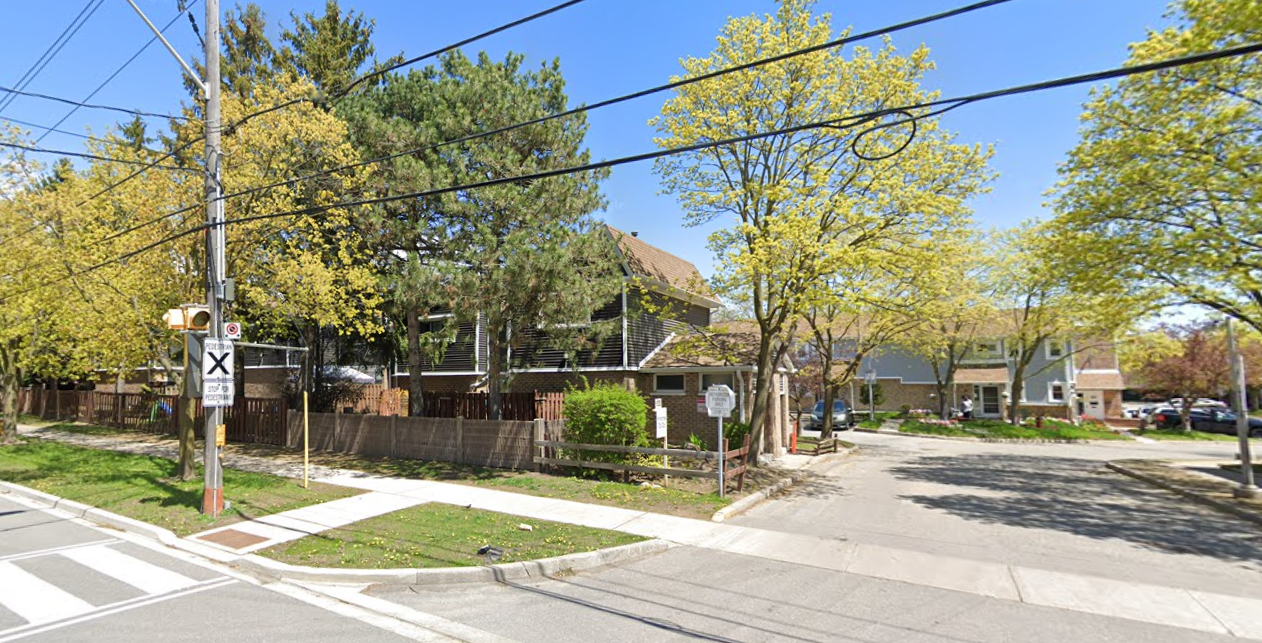Between the 1970’s and 90’s, thousands of housing co-operatives were set up across Canada to provide affordable housing options for their communities. In exchange for mortgage financing, many newly created co-ops entered long-term operating agreements with the Canadian Mortgage and Housing Corporation (CMHC).
Today, the co-operative housing movement is entering a new phase. As those original mortgages mature and operating agreements expire, many co-ops are looking to refinance their mortgage.
In 2014, Phoenix Housing Co-operative (pictured above) was the third co-op in Canada to refinance their mortgage for the first time, with help from Canada Housing Federation (CHF).

“Refinancing a mortgage can be an overwhelming task, especially for those who’ve never done it before,” explains Tanya Taylor, Phoenix Housing Co-operative’s coordinator, pictured right.
“The first step is to get all the documents needed starting with preservation funding, which is a grant that then helps you get a building condition assessment and energy audit. After you have these documents, you’ll have a better understanding of how much money your co-op needs.”
This year, Tanya and the team at Phoenix took the next step in their financing journey by renewing their mortgage through Vancity Community Investment Bank (VCIB).
“Getting all the documents ready can be daunting, that’s where I found VCIB to be very personable” Tanya explains.
“Whenever I had a question my account manager answered right away, and she gave me a step-by-step checklist of what I needed which made things very easy for me. Many coordinators have told me that this process took them a year, and I re-iterate, it took us three months.”
A values-aligned partnership
VCIB is part of the Vancity Group, a group of values-based financial institutions that use finance as a tool to drive positive impact and accelerate the delivery of affordable housing across Canada. Since 2009, Vancity Group has funded investments of more than $1.48 billion to support affordable housing across Canada. And VCIB’s parent company, Vancity Credit Union, has been supporting Canada’s cooperative movement for decades.
“Today the need for more affordable housing options is greater than ever, and housing co-operatives are critical,” said Eric Visser, Director of Commercial Real Estate at VCIB. “They provide not only a more affordable option but also foster an incredible sense of community, so offering tailored financing to support co-ops is an important part of our mission.”
Since co‑ops charge their members only enough to cover costs, repairs, and reserves, they can offer housing that is much more affordable than an average private sector rental.
Phoenix has 59 renovated 3-bedroom townhouses available at market rent, for the low price of 760 dollars a month – with a few members paying reduced monthly rent based on income. As Tanya explains, these 3-bedroom townhouses are well suited for families or young couples starting a family;
“Our co-op is a family-oriented co-op. With the rising cost of housing right now, it is very difficult for families (specially starting out families) to be able to afford a home, let alone 3-bedroom units like these ones.”
For Tanya, one of the most rewarding parts of working at Phoenix is the community they have built, and she looks forward to seeing how the children continue to grow.
“I’ve been here over 13 years, and the children that I met that were 8 or 9 are now adults and getting their own units! And they’re all trying to stay within the community.”
***
Learn more about VCIB’s social purpose real estate financing in our website. If interested in chatting with VCIB about your financing needs, get in touch.









